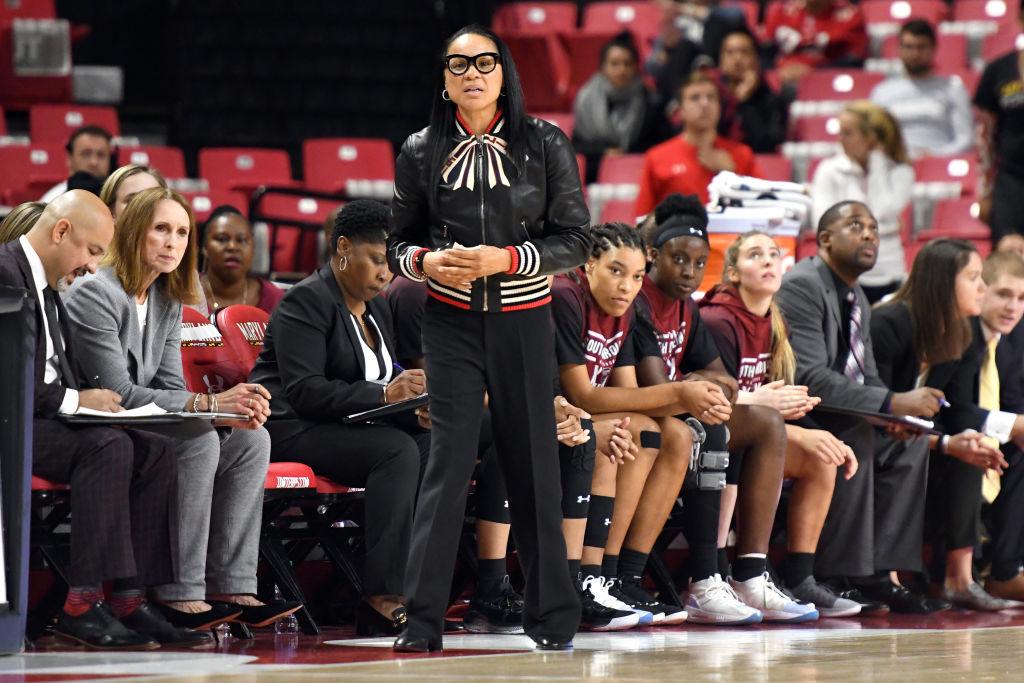Study finds post Title IX, White men had largest net gains in women’s college basketball

TEMPE, Ariz. (Nov. 9, 2021) – Global Sport Institute at Arizona State University has released its latest research study, “NCAA Women's Basketball Head Coach Hires at HBCUs and Power Five Schools from 1984-2020.” As the women’s college basketball season kicks into full swing, the paired Global Sport Matters’ digital issue, “Taking Charge in Women's Basketball,” will be released in tandem. The research examines Women’s Basketball coaching positions in five-year intervals between 1984 and 2020 for both Power 5 universities and HBCUs, taking a deeper look at race, ethnicity, hiring and firing, previous positions, education and more.
“With Title IX reaching its fiftieth anniversary this summer, we wanted to see what kind of impact the landmark legislation has had on leadership in women’s college basketball,” said Kenneth L. Shropshire, CEO of the Global Sport Institute. “In this study and through the stories we’re highlighting, we’re amplifying the history as well as what we, and the other advocates in this space, see in the sport’s future.”
More discussion will occur at the GSM Live event on Nov. 12, The Journey of Women in Basketball at 11 a.m. PST. The discussion, hosted by Nicole LaVoi, Co-Director of the Tucker Center for Girls & Women at the University of Minnesota, will explore the journey of basketball’s women at different points in their sporting careers - owner, coach, pro player and college level - sharing their journey of challenges and successes along the way, and what they want for the future of basketball. Panelists include Las Vegas Aces President Nikki Fargas, ASU Women’s Basketball Alum Charnea Johnson-Chapman, USC Associate Athletic Director for Diversity, Equity and Inclusion Julie Rousseau and others.
Below are the key points from the field study. The full report is publicly available on the Global Sport Institute’s online research library. The Global Sport Matters issue also features a breakdown of the findings.
- The only net loss in coaching numbers was observed in White women.
- All other groups showed a net gain, with White men having the biggest gain in hires between 1984 and 2020 (+10).
- From 1996 – 2000, 80.7% of the incoming coaches at HBCUs and Power Five schools (46 of 57 hires) were women. Of those 46 hires, 50% were White and 50% were African American.
- From 2011 – 2015, 61% of the incoming coaches at HBCUs and Power Five schools (33 of 54) were women. Of those 33 hires, 42.4% were White and 57.6% were African American.
- Overall, more women (251) were hired compared to men (116) between 1984 and 2020.
- Although White women have experienced a decline in their incoming numbers since 2006, they remain the most hired.